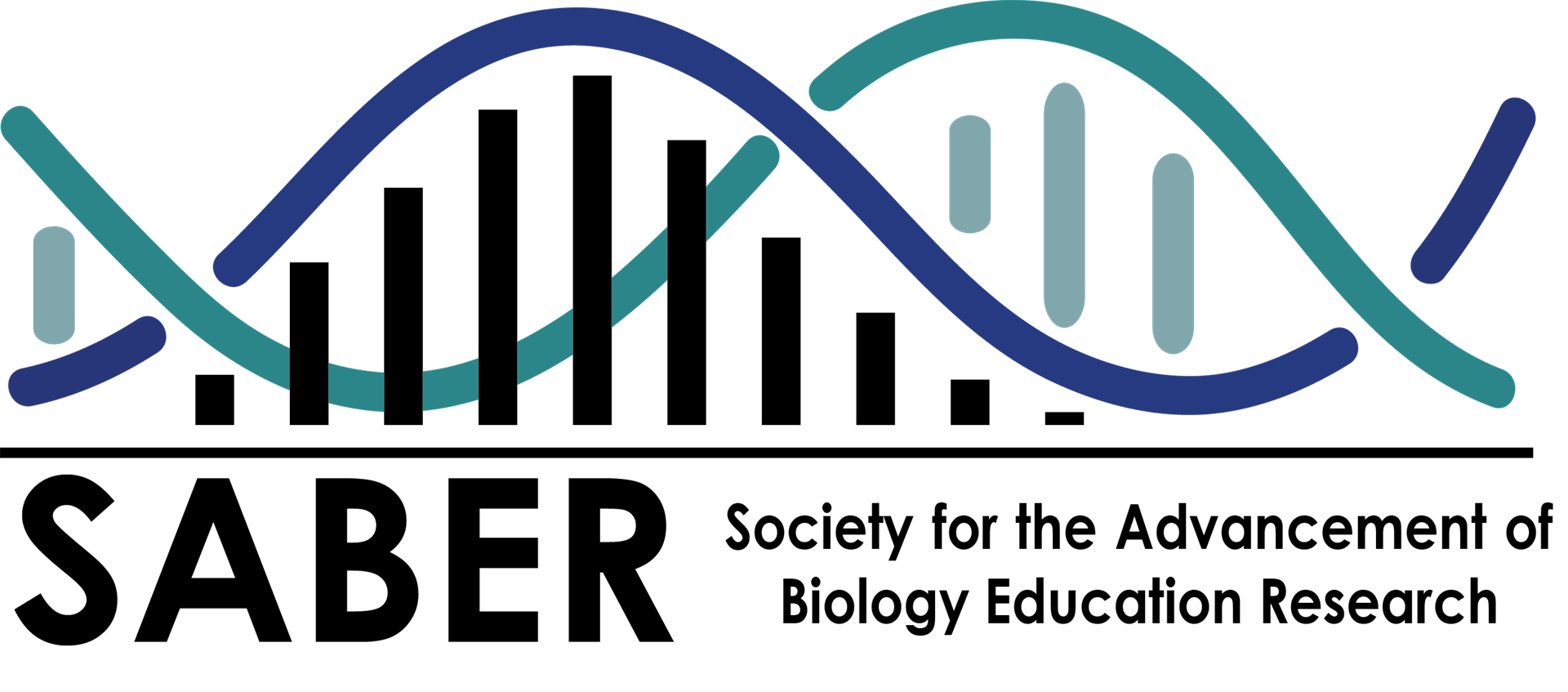I'm definitely in agreement with Mark. ID the outcomes, then the assessement, then the instruction.
I do want to address two things:
First, the outcomes were ID'd months ago. Instructors should not be expected to create an entirely new course in a week. Nor should they be shamed for doing their best with the situation at hand.
Second, Bloom's is often misinterpreted. If you read Bloom's original work, he specifically states that ALL levels of learning are equally important.
I teach an animal diversity course - while there are many higher level concepts to address, students do not have the lower level content knowledge to manipulate yet. Many of my questions are google-able. But, if my students go into the field, they need basic content knowledge when they are diving, in remote jungles, or simply when an animal is too fast. They need to know WHAT to look for before they can use a search engine. Many of us teach anatomy. Again, higher-level questions can be written, but sometimes "what is this structure?" is the most straight-forward way to measure student knowledge. I like the drawing idea (it's my area of research), but I've spent years developing objective rubrics for drawings.
I know that everyone wants to do what's best for our students. But let's also be kind to ourselves. Everyone I know is working full-throttle to adapt, and helping out peers, and keeping a positive outlook.
So good job everyone! And excellent food-for-thought in this thread.
Thank you for helping!
Jennifer Landin
